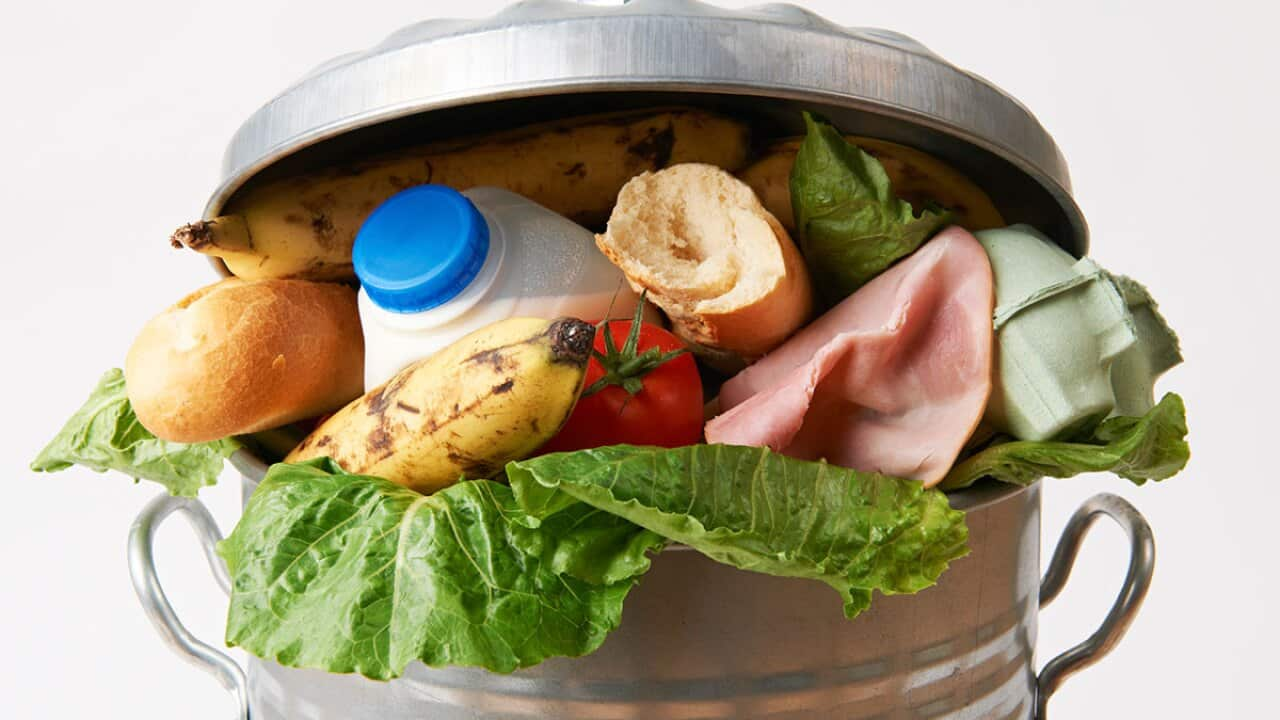The knowledge of older generations could be the answer to a problem some of us don’t know we have: food waste.
by the Fight Food Waste Cooperative Research Centre (FFW CRC) has found that while many of us think we don’t waste food, we do, and quite a lot of it, too.
The largest investigation in Australia so far into the how, why and what of food waste took a three-part approach: a national survey of 2885 household food decision-makers; a detailed seven-day diary by 1462 people from the survey group, that recorded all the food waste the respondent was aware of and how it was disposed of (e.g. in the bin, down the sink, given to pets animals or placed in the compost); and with a smaller group from among those doing the diary, a physical food waste bin audit, covering the same seven days.
Key findings included:
- It is estimated that 4.22 kg of food, with a cost of $41.02, is wasted per household per week; the per-person estimate is $18.55 each week – which adds up to an average of $965 a year. (Find more details on the estimations, and what was considered ‘wasted’, in the summary report of the research .)
- Many people don’t believe they personally waste a significant amount of food – but most of us do, and more than we think, with the comparison of bin audits and surveys/diaries showed many people significantly underestimate their food waste.
- The leading factors in food waste include a lack of awareness of why food waste is an issue; the realities of daily life (including time and budget constraints); and lack of knowledge on food, cooking and how to re-purpose ingredients or use up leftovers.
Food waste often becomes a habit: “Because of weak motivations to reduce food waste, many food waste risky behaviours become habits. Convenience dominates over careful planning, people fail to cooperate with each other because of competing interests and priorities, people put entertainment and socialising first over preventing food waste, and a preference to eat whatever food that provides instant gratification overrides the need to eat food that is planned for, leaving it to be wasted,” the report says.
But it’s not all bad news. By identifying the main barriers, the study will help in the development of tools and campaigns to help people reduce waste.
“The research provides a detailed analysis of why people waste food, the challenges and barriers for them to reduce it as well as the foods and behaviours that can be prioritised to meet the Australian Government’s goal to halve food waste by 2030,” says FFW CRC Chief Executive Officer Dr Steven Lapidge.
Passing it on
The knowledge held by older Australians could play an important role in cutting the nation’s food waste.
“Overall findings identify younger age groups (18-34) and families with children (mainly children below 17 years of age) as the two main groups lacking in good food management practices in certain areas,” one of the study co-authors, Dr Gamithri Gayana Karunasena, tells SBS.
“One of our other reports that highlights global best practices for reducing household food waste… recognises the importance of sharing older generations knowledge and experience with younger generations in order to reduce knowledge gaps. One of the examples in this report is inter-generational storytelling (i.e., sharing knowledge on how to select the right amounts to cook and serve, storing practices, food preservation, use of leftover ingredients and meals etc with younger family members). “
Dr Lapidge agrees. “A pleasing 93 per cent of people over 75 regularly use up the oldest ingredient first and translating that knowledge to young people would have a big impact on what they throw away,” he says.
“We do know that older generations tend not to waste food as they have often lived through tougher times and still respect food because of this. The disconnect between older and younger generations means that this information is not being passed on like it used to. How we can capture this wealth of knowledge is being explored.”







